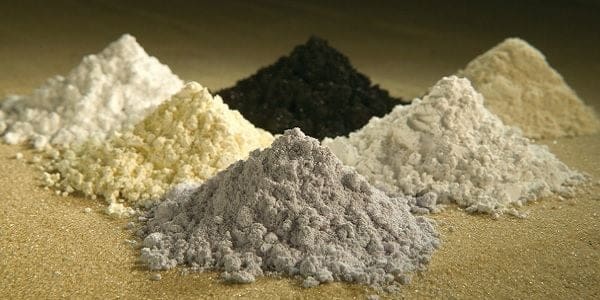On December 3, 2024, China imposed export bans on antimony, gallium, and germanium—three elements with important defense applications. Antimony is used in over 200 munitions of the Department of Defense, ranging from 5.56 mm ammunition to 155 mm artillery rounds. Gallium is used in cutting-edge radar systems like the Lower Tier Air and Missile Defense System. And germanium is used in infrared lenses for night vision and thermal imaging in naval vessels, combat vehicles, and aircraft. Beyond defense applications, these minerals are also vital for American industry and commercial technology, such as fiber optic cables.
Since the U.S. relies heavily on China for these minerals, China’s new export ban could delay the manufacture of defense platforms and munitions, exacerbating already depleted defense stocks and further undermining America’s warfighting capabilities. The United States depends greatly on China for other minerals, too. For example, for minerals in which the U.S. is more than 50% net import reliant, China—the Pentagon’s “pacing challenge“—is the leading import source for 24 minerals. Critically, China could ban exports of these other minerals, such as bismuth (used in defense alloys) and tungsten (needed for armor-piercing munitions).
As a result, the U.S. government must stockpile strategic minerals to ensure a reliable and resilient supply for the defense industrial base.
Yet, the government’s current mineral stockpile—the U.S. National Defense Stockpile—”is not intended to influence prices in the market or insulate private industry from supply shocks.” This stockpile is only supposed to be tapped “in times of national emergency,” namely war. Stockpile acquisitions and releases from the National Defense Stockpile are also subject to bureaucratic approval by the Strategic and Critical Materials Board of Directors. These strictures are not conducive to protecting the defense industrial base in the global mineral market, which faces risks of supply shocks from China.
Notably, however, the Trump Administration could use the Defense Production Act (DPA) to build a separate mineral stockpile that can function outside of national emergencies and war. This stockpile would be capable of not only selling minerals to the defense industrial base amid supply shortages but also acquiring minerals from domestic mineral producers to incentivize domestic production. […]
— Read More: www.wnd.com
-
Learn the TRUTH about Gold IRAs and how most precious metals companies play dirty.


